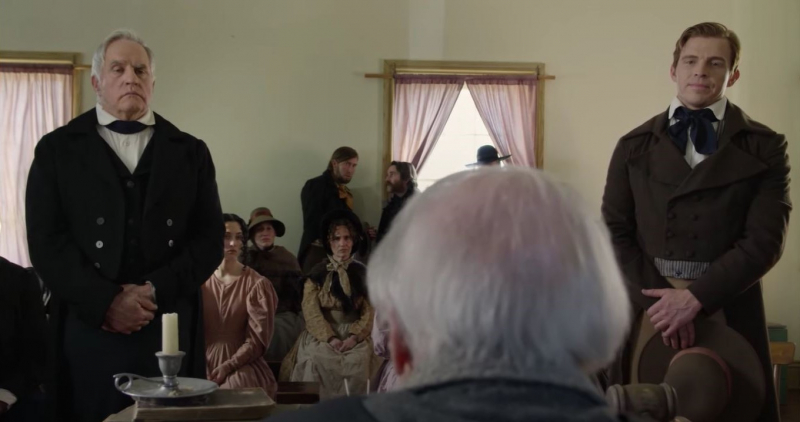Joseph Smith was accused of being a “Disorderly Person” in 1826
At the age of 19, Josiah Stowell, who resided in South Bainbridge, close to the New York-Pennsylvania border, hired Joseph Smith. Stowell had employed Joseph and his father to help him find the treasure because he thought there was an abandoned Spanish silver mine with it nearby. Stowell had heard that Joseph "had certain means, by which he could discern things that could not be seen by the natural eye," according to Joseph's mother, Lucy Mack Smith. Stowell desired that Joseph make an effort to find the Spanish mine and treasure using those methods (a seer stone). After working with this group for about a month, Joseph convinced Stowell to give up the endeavor but persisted in working as a hired hand on Stowell's farm.
Peter Bridgeman, Stowell's nephew, thought Joseph was defrauding his uncle in March 1826. Bridgeman filed a lawsuit against Joseph on the grounds that he was a "disorderly person," a legal designation that in the 1820s encompassed those who "pretended... to discover where lost goods may be found." Because local New York courts at this level were not courts of record, no original court transcript was created, and existing historical sources convey inconsistent and contradictory information, determining the specifics and outcome of this legal action has been challenging until recently. Due to the unclear source materials, some detractors have asserted that Joseph was found guilty and sentenced for being a disorderly person.
However, a careful examination of recently discovered sources by legal historian Gordon A. Madsen reveals that no guilty verdict was rendered in this case. Madsen claims that the evidence shows“that in 1826 Joseph Smith was indeed charged and tried for being a disorderly person and that he was acquitted. Whatever the gist of that charge, he was found guilty of no crime.”









